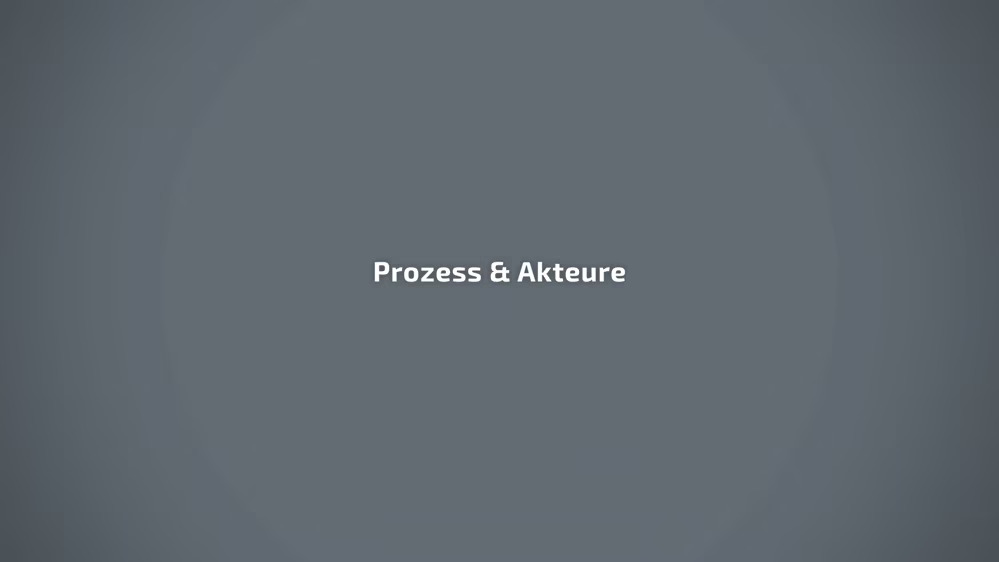The Network Development Plan Electricity is updated every two years according to the same principle – thereby challenging the previous findings of grid planning on a regular basis. This is to ensure that the NDP keeps pace with the latest technical, political and social requirements. Use our interactive graphic to gain an overview of how the different stakeholders manage the task of nationwide grid planning.
Fundamentals
The Energy Industry Act (EnWG) regulates the entire process of grid expansion at transmission grid level – from planning to review to approval, including all participation procedures.
With the reform of the EnWG in December 2023, the transmission system operators (TSOs) will no longer be obliged to submit an implementation report to the Federal Network Agency (BNetzA), which previously provided information on the progress or delays in grid development measures.
The process flow
every 2 years
Creating the Scenario Framework
Scenario Framework consultation
Preparation of the first NDP draft
Consultation for the first draft
We are here:
Revision of the first draft and preparation of the second draft
Review of the second draft with public consultation, preparation of the environmental report with public participation, approval of the NDP
at least every 4 years
Draft of the Federal Demand Plan (BBP) on the basis of the NDP and the environmental report
Decision on the Federal Demand Plan by the federal legislature
Next steps
With the adoption of the Federal Demand Plan, the requirements and the urgent need for the measures contained in the Federal Demand Plan Act are defined in a binding manner. The TSOs are obliged to implement the measures in the Federal Demand Plan Act. In this way, the TSOs can make their contribution to the energy transition.
Download process graphic
Here you can download the complete overview of the process graphic.













